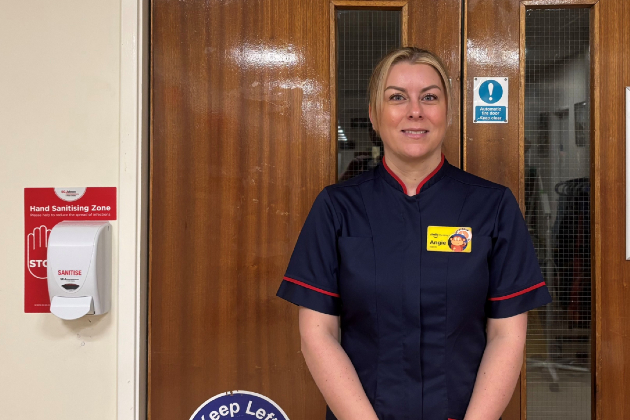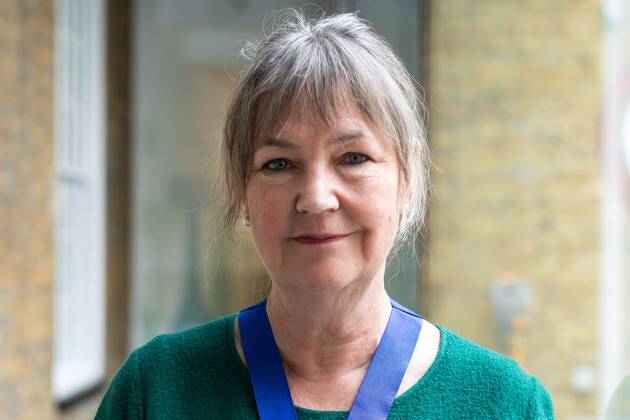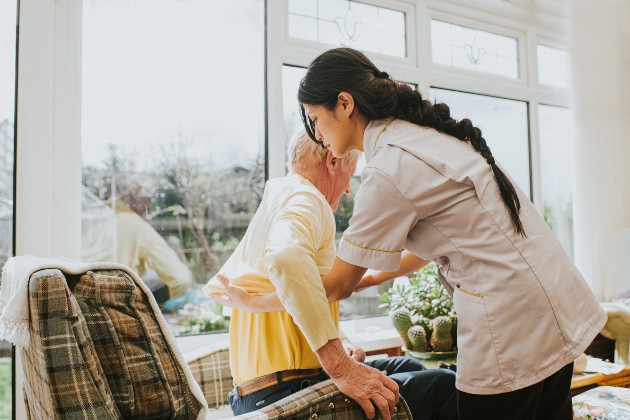Mental health nurses are in high demand right now. Every day, we’re seeing the impact of the cost-of-living crisis and government policies driving people to us, plus the long-term impact of the pandemic which caused social isolation and grief. The need for quality mental health care is huge.
And yet, we’ve seen the services we supply absolutely destroyed by cuts and staff shortages. We’ve seen that patients are getting a raw deal. We feel terrible about it. We want services to be excellent, but we can’t do that with this extreme shortage of staff. We work extra to cover the gaps. We’re exhausted and demoralised. Since COVID, many of us have struggled with our own mental health because the demands are just too high. Some have had enough and left nursing. My team of mental health nurses has gone from 21 to just four.
So, during the RCN’s last NHS strike ballot, I was excited by the prospect of forcing change. I told my colleagues: “We must vote, this is our chance to be heard”. But turnout amongst mental health nursing staff was poor.
I can understand why. Often, we can feel left out of nursing conversations. Mental health hasn’t always been taken as seriously as physical health, so we can perceive ourselves to be different and disengage. I know that some felt somehow separate from the RCN’s fight for fair pay and some feared being bullied and harassed by management if they took part.
But if we vote and go on strike, we have the chance to change a lot of things by ensuring staff are rewarded with better pay. It’s time to let the UK government know what needs to be improved within mental health services. So much has been cut. Nursing recruitment needs to improve. Retention needs to improve. We don’t want to be a dying branch of nursing. We want to be a vibrant part of the profession, providing the care we know is desperately needed.
We can’t afford to continue losing experienced mental health nurses
I’ve spoken to many nurse managers and they really do want us to get a high turnout in the strike ballot this time. They know that nursing and the RCN will look out for patients in dire need. This time round, their eyes are wide open, and they know that if they don’t support their nursing staff on the ground, soon they won’t have any nursing staff left.
By the end of the recent strike action, many mental health nurses were loudly supporting their colleagues at other NHS employers where the RCN had secured a mandate for strike action. Those who hadn’t voted previously wished they had. The interest is there. We want to be included in the action and have our voices heard.
That’s why mental health nurses should vote “yes” to strike action. Because this time, all NHS staff are in it together. This ballot isn’t being conducted per employer, but as a whole nursing workforce across England. We need to unite to fight for fair pay, better working conditions and care quality alongside our other nursing colleagues.
We can’t afford to continue losing experienced mental health nurses. If we vote to strike and get over the line, there’s an opportunity for us to make things better, not just for us but for our patients too.
Carol Webley-Brown is a practising community mental health nurse and Honorary Treasurer of RCN Council.
Vote now
RCN members working on Agenda for Change contracts within the NHS in England are eligible to take part in our strike ballot so long as their MyRCN record showed they’re employed in the NHS in England by midnight on 14 May. Eligible members will receive their ballot papers in the post and must return them by post using the pre-paid envelope as soon as possible to Civica Election Services (our independent ballot scrutineer). Completed ballot papers must reach Civica by midnight on Friday 23 June to be counted.
Unlike the strike ballot we ran last year, this ballot will be “aggregated” meaning the legal threshold that must be met to stage strike action applies just once to the entire voting membership (those working on Agenda for Change contracts in England), as opposed to per NHS employer.
To achieve an England-wide mandate for strike action, 50% of all eligible members must vote and the majority must say “yes” to strike. If this threshold is met, we’ll be able to stage strike action at all NHS employers across England, our largest strike in England so far. If the threshold is missed, we won’t be able to stage strike action anywhere in England.
Find out more
Visit the RCN Strike Hub for all the latest information about the ongoing fight for fair pay.
Read our NHS pay FAQs here.








